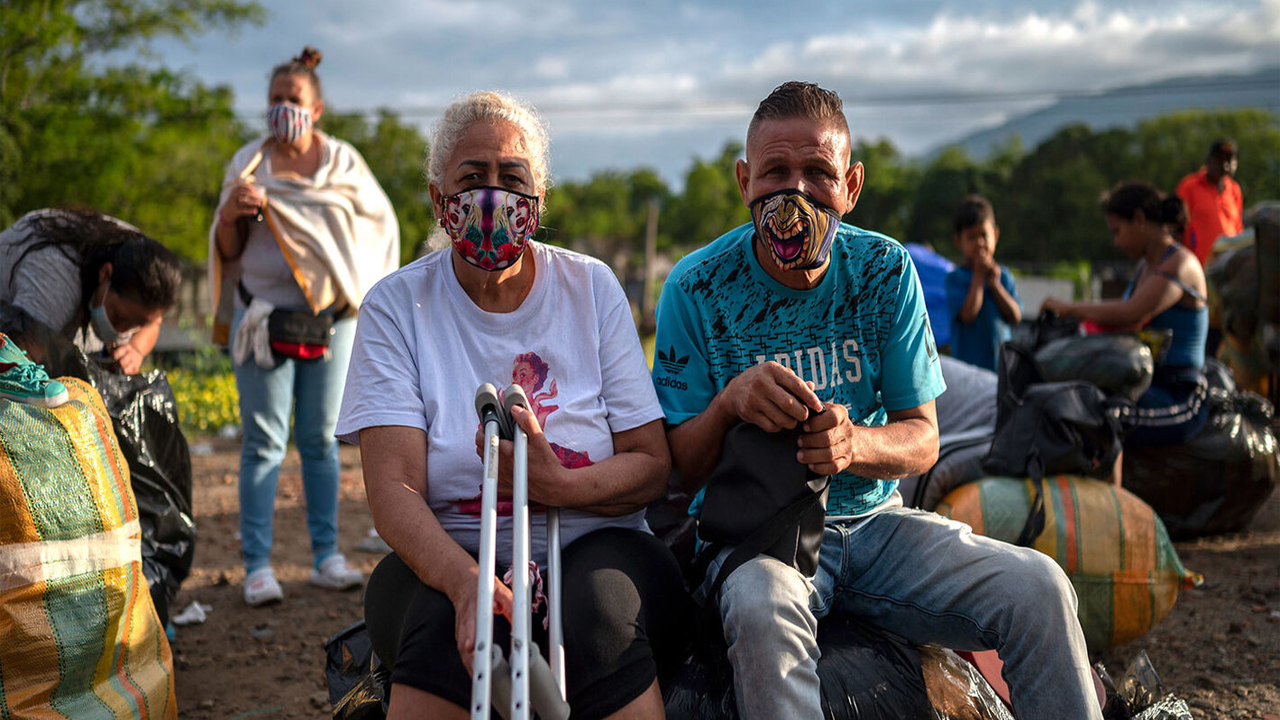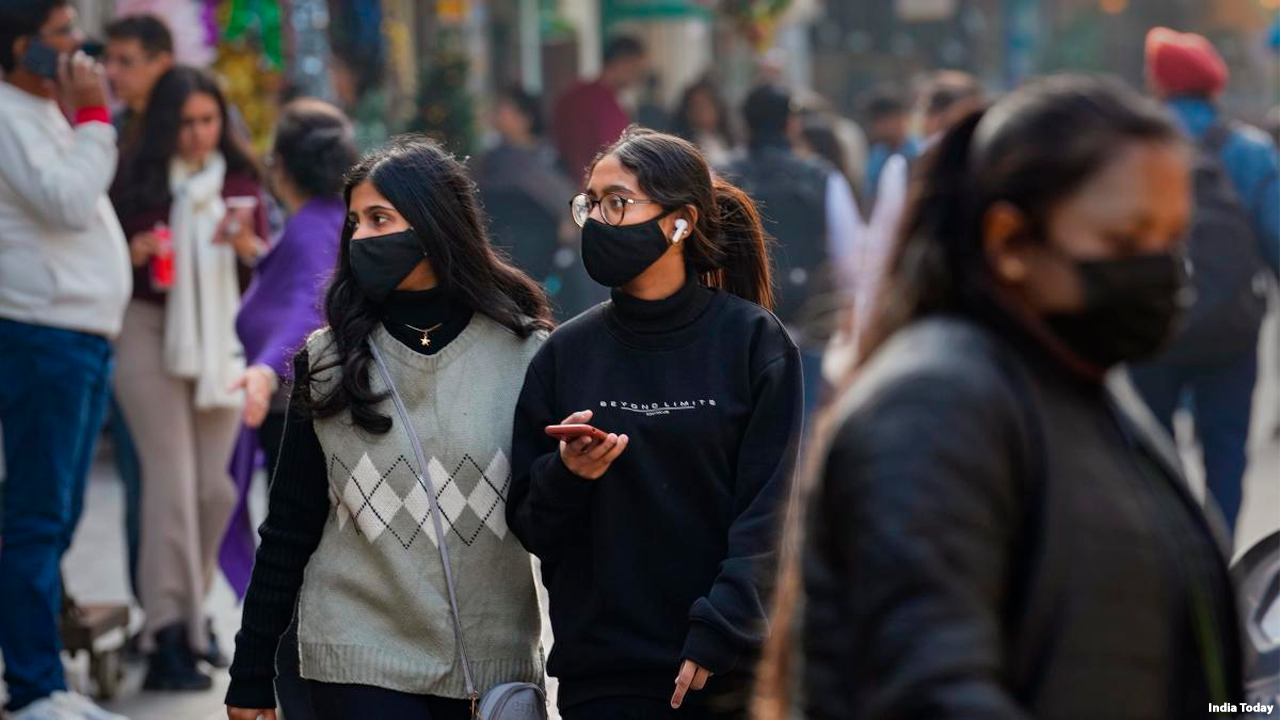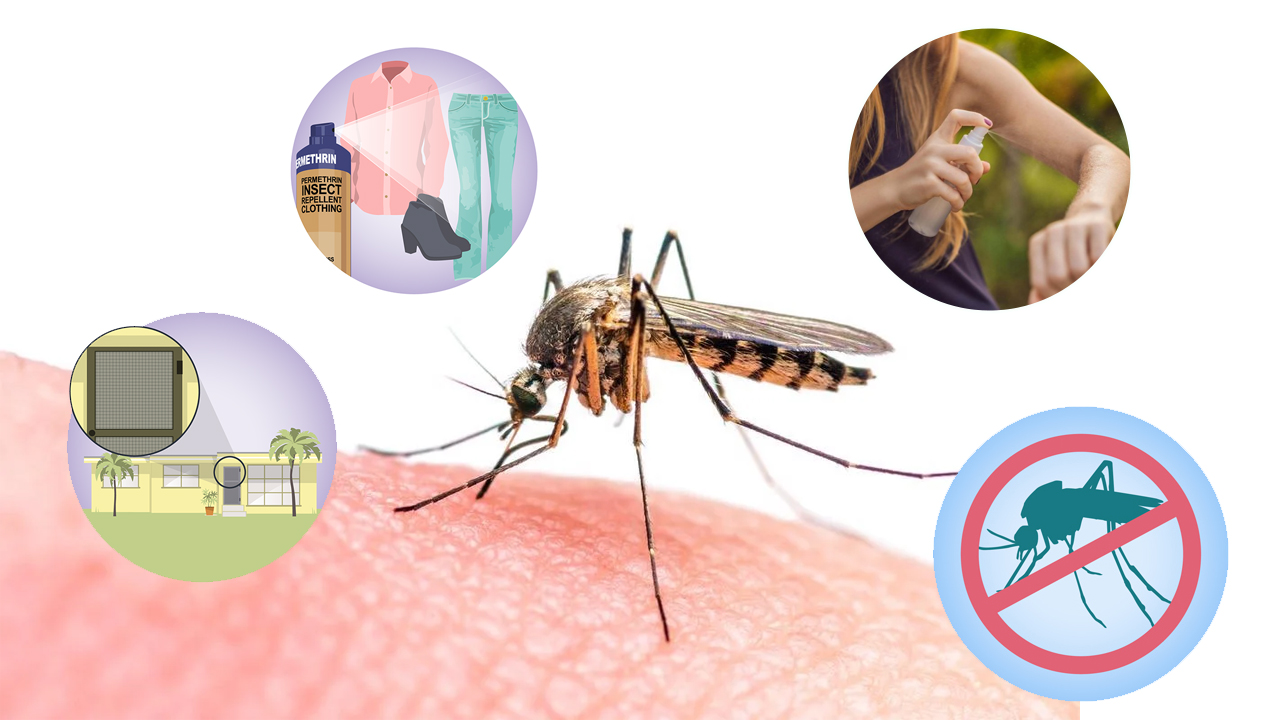Measures to control COVID-19 can be made more effective by targeting, embracing, and engaging informal workers, migrants, and other populations in vulnerable situations, say experts at the Pan American Health Organization (PAHO). Recommendations and guidance about those measures are detailed in PAHO´s new publication “Guidelines for the application of non-pharmacological public health measures in populations in vulnerable situations in the context of COVID-19.”
The publication includes guidance on how to improve the effectiveness of non-pharmaceutical interventions (NPI) – such as school and business closures, confinement at home, restrictions on transportation, and others – by ensuring that everyone can adhere to them, especially those populations in vulnerable situations.
Recommendations are made on identifying the groups most impacted by these interventions and their barriers to adherence, along with suggestions on how to adapt the interventions so populations are protected.
“The pandemic has shown that vulnerability goes beyond just individual and biological characteristics,” said Gerry Eijkemans, Chief of the Health Promotion and Social Determinants Unit at PAHO. “Rather, it´s determined by the social, economic, and political context. Informal workers, migrants, and people living in overcrowded conditions have proven to be especially vulnerable during the pandemic.”
The 60-page publication notes that some interventions have had negative secondary effects on these population groups, many of whom were struggling even before COVID-19 hit. It calls on policymakers to address the unintended effects of interventions such as business closures that leave informal workers without pay.
Likewise, some of the public health recommendations – such as telling people to wash their hands frequently when they have little or no access to clean water and soap - have proven difficult for them.
“Inclusive social policies that are developed with the participation of the impacted communities will make it easier to mitigate the undesirable effects of some public health measures meant to combat COVID-19,” said Eijkemans. “It is absolutely critical to make sure that leaders are always considering equity issues and the social determinants of health when considering how to deal with the pandemic.

 Measures to control COVID-19 can be made more effective by targeting, embracing, and engaging informal workers, migrants, and other populations in vulnerable situations, say experts at the Pan American Health Organization (PAHO).
Measures to control COVID-19 can be made more effective by targeting, embracing, and engaging informal workers, migrants, and other populations in vulnerable situations, say experts at the Pan American Health Organization (PAHO). 


















.jpeg)

.jpeg)










.jpg)




.jpg)

